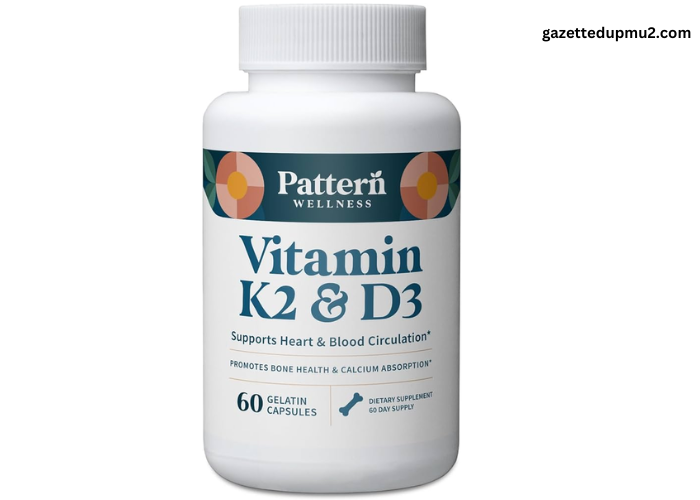When it comes to maintaining optimal health, understanding the role of essential vitamins in the body is crucial. Among these essential nutrients, Vitamin K2 has been gaining attention for its significant impact on bone health and overall wellness. Although originally overshadowed by its more famous counterparts like Vitamin D and calcium, emerging research highlights Vitamin K2 as a key player in ensuring these nutrients work effectively to support bodily functions and processes.
The Role of Vitamin K2 in Calcium Metabolism
One of the primary functions of Vitamin K2 is to regulate calcium deposition in the body. Calcium is a vital mineral that contributes to the structural integrity of bones and teeth; however, incorrect distribution can lead to conditions such as arterial calcification. Vitamin K2 activates proteins that help integrate calcium into the bone matrix, thus preventing its accumulation in arteries and other soft tissues. This balance is crucial as it prevents skeletal weakness and the onset of cardiovascular diseases, creating a harmonious environment within the body.
Collaboration with Vitamin D
Vitamin K2 often works in tandem with Vitamin D to promote effective calcium absorption and utilization. Vitamin D enhances calcium absorption from the gut, but without adequate levels of Vitamin K2, this calcium might not reach its intended target. Instead, it can accumulate in arteries and other areas where it might be more harmful than beneficial. Research indicates that a combination of these two vitamins can significantly improve bone density, support cardiovascular health, and aid in maintaining calcium balance across body systems.
Impacts Beyond Bone Health
Beyond its role in bone and cardiovascular health, Vitamin K2 has been linked to other physiological benefits. Studies suggest potential protective effects against common ailments such as osteoporosis and certain types of cancer. Vitamin K2’s influence on protein synthesis also extends to skin elasticity and the prevention of wrinkles, contributing to its status as a superior vitamin for anti-ageing. Its ability to control inflammatory responses further establishes its role in promoting overall wellness.
Sources of Vitamin K2
Obtaining sufficient Vitamin K2 through diet alone can be challenging. It is typically found in fermented foods like natto, a traditional Japanese dish made from soybeans, as well as in certain animal products like cheese, liver, and egg yolk. The modern diet often lacks these foods, making supplementation an appealing option for many. However, it is always prudent to consult with healthcare providers before beginning any supplement regime to ensure individual health needs are adequately met.
The Road to Better Health
Emphasizing a balance of the essential nutrients, including Vitamin K2, can lead the way toward improved health outcomes and heightened quality of life. Its role in the calcium matrix underscores its significance in dietary considerations, suggesting that both awareness and action regarding Vitamin K2 intake must be prioritized. As scientific understanding progresses, the potential benefits of incorporating Vitamin K2 into daily health practices continue to unfold, inviting us to explore its capabilities in fostering a healthy and balanced life.





